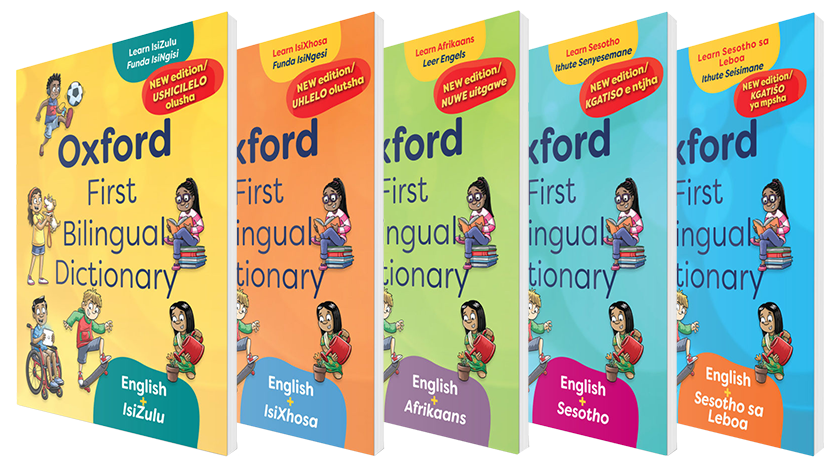South Africa is facing a national crisis in mathematics education. Nearly 500 schools have withdrawn maths as a subject entirely, a stark indicator of a system under strain. While the government continues to champion STEM initiatives, the reality in classrooms tells a different story: teachers are overwhelmed, resources are stretched thin, and learners are falling behind.
Empowering the Classroom: The Key to Progress
The core challenge lies not in a lack of passion or policy, but in the everyday realities teachers face:
- Supporting educators: Many teachers are managing large workloads, and with additional support, they can better plan, differentiate, and connect with learners.
- Classroom dynamics: Large class sizes make personalized learning difficult, but innovative strategies and collaborative tools can help bridge the gap.
- Enhancing resources: While textbooks provide a solid foundation, access to diverse and engaging tools can further enrich the learning experience and cater to varied learning styles.
This disconnect between national vision and classroom execution is widening the achievement gap and fueling maths anxiety among learners.
A Scalable, Evidence-Based Solution: Matific
To address these challenges, Oxford has partnered with Matific, a globally recognised digital maths platform ranked among the Top 10 Edtech Leaders. Matific supports teachers and improves learner outcomes. Already, more than 40,000 South African learners are mastering mathematical concepts through gamified, personalised learning—available in both English and Afrikaans.
Matific combines world-class pedagogy with smart technology to deliver meaningful maths learning experiences:
- Conceptual understanding: Learners build a strong foundation beyond formulas and procedures.
- Critical thinking: Hands-on activities encourage experimentation and problem-solving.
- Real-world context: Maths is taught through natural, relatable scenarios.
- Personalised learning: Adaptive questions meet learners at their level, reducing anxiety and boosting confidence.
- Intrinsic engagement: Gamified challenges nurture perseverance and a love for maths.
Matific is accessible via mobile app, eliminating barriers like data and connectivity. For teachers, it offers real-time analytics to identify learning gaps and take informed action giving educators breathing room without compromising learning.
Proven Impact
Independent research shows that Matific can improve maths outcomes by up to 34%. It’s not just a digital tool, it’s a pedagogical assistant that supplements existing teaching and empowers educators.
“Matific is aligned with the CAPS curriculum and helps learners grasp important concepts. Younger learners particularly enjoy the gamified approach. The platform also offers a challenge mode, where learners can compete with their peers in the class or anonymously with learners around the world. It is user-friendly and engaging.” – Jill Hamilton, Deputy Principal, Kenridge Primary School
“Matific has allowed each child at our school to work and achieve at their own pace. The pupils cannot wait for tablet time as they are so excited to get the stars at the end of each activity. Matific has given our special needs pupils an exciting way to learn maths concepts that they previously found daunting. It is fun, educational and open to all types of learners.” – Sharon Rowe, Principal, FootPrints Special Needs Preparatory School
Oxford University Press and Matific offers the best of online instruction to deliver homework activities and independent practice tailored to the South African curriculum. This hybrid model for Grades R-7 ensures every learner can experience success at their own pace.
For just R135 per learner per year, Oxford customers can access this transformative solution. It’s a small investment with a big impact.
🔍 Explore Matific in action: https://oxford.co.za/oxford-maths/matific-oxford/
The Maths crisis in South Africa demands scalable, practical solutions. Matific is not a replacement for teachers but rather a powerful support system that enhances classroom instruction, reduces pressure, and helps learners thrive.
By building on the trusted foundation of Oxford textbooks and integrating smart maths platforms into classrooms, we can enrich the learning experience – boosting engagement, accessibility, and personalised support for every learner.
References:
South African schools are dropping maths as a subject. Here’s why. – Explain
Top 10 Global Edtech Finalists for 2025
- Article by: Jarita Raga, Marketing Content Specialist, Oxford University Press SA



